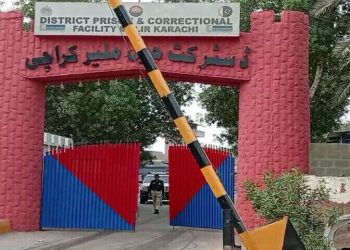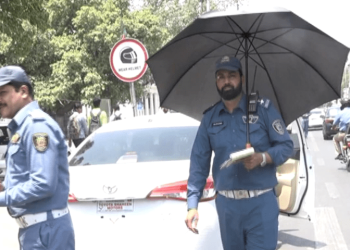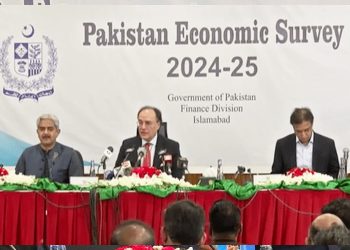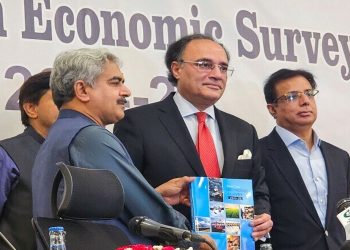In a heartwarming reunion this month at the Kaaba, a 105-year-old Pakistani woman, Hajjirah Bibi, met her Indian niece during the Umrah pilgrimage in Makkah. Describing the encounter as a “dream come true” and a “double blessing,” Bibi had been separated from her sister during the 1947 partition, which left families divided for over three-quarters of a century.
The partition, marked by mass migration, bloodshed, and violence, separated families based on religion, with about 15 million people changing countries. Independent estimates suggest that over a million people lost their lives in religious riots during this turbulent period.
Bibi’s journey to reconnect with her lost sister began when she received a letter in the 1980s, more than two decades after it had initially arrived in Pakistan. Until then, she believed her sister had died during the partition. Last year, she shared the letter with her neighbor, Amina Ashiq, a local Kabaddi player, who then connected Bibi with Pakistani YouTuber Nasir Dhillon.
Dhillon, using his channel Punjabi Lehar TV, helped locate Bibi’s family in India and established phone contact. It was then revealed that Bibi’s sister had passed away, but she had a niece named Hanifan still living in India.
Despite multiple visa rejections, Dhillon organized an Umrah visit for Bibi and Hanifan, culminating in their meeting at the Kaaba on Nov. 15. Sardar Paul Singh Gill, a Sikh friend of Dhillon from Canada, contributed to financing their travel to Makkah.
Bibi expressed her gratitude, saying, “It is indeed a dream come true, and I am truly grateful to Allah for the opportunity to meet my niece for the first time in life at the Holy Kaaba.”
Reflecting on the long journey, Bibi shared, “While I had initially assumed she [sister] might have passed away during the partition, in the 1980s, I received a letter that had been dispatched over two decades earlier to an address where I no longer lived.”
The reunion became possible through the efforts of Ashiq, who served as Bibi’s caretaker during Umrah. Describing it as a “proud moment,” Ashiq, with Dhillon’s assistance, facilitated the reunion in Makkah. Dhillon, who has helped over 300 reunions through his channel, emphasized, “The sole purpose of creating this channel was to facilitate reunions of those who were separated during the partition.” In Bibi’s case, the initial attempt to arrange a meeting at Kartarpur was unsuccessful, leading to the decision to organize the reunion in Makkah.




































